Is Colostrum the New Collagen?
Doctors and wellness professionals have a lot to say about TikTok's supplement of the moment.
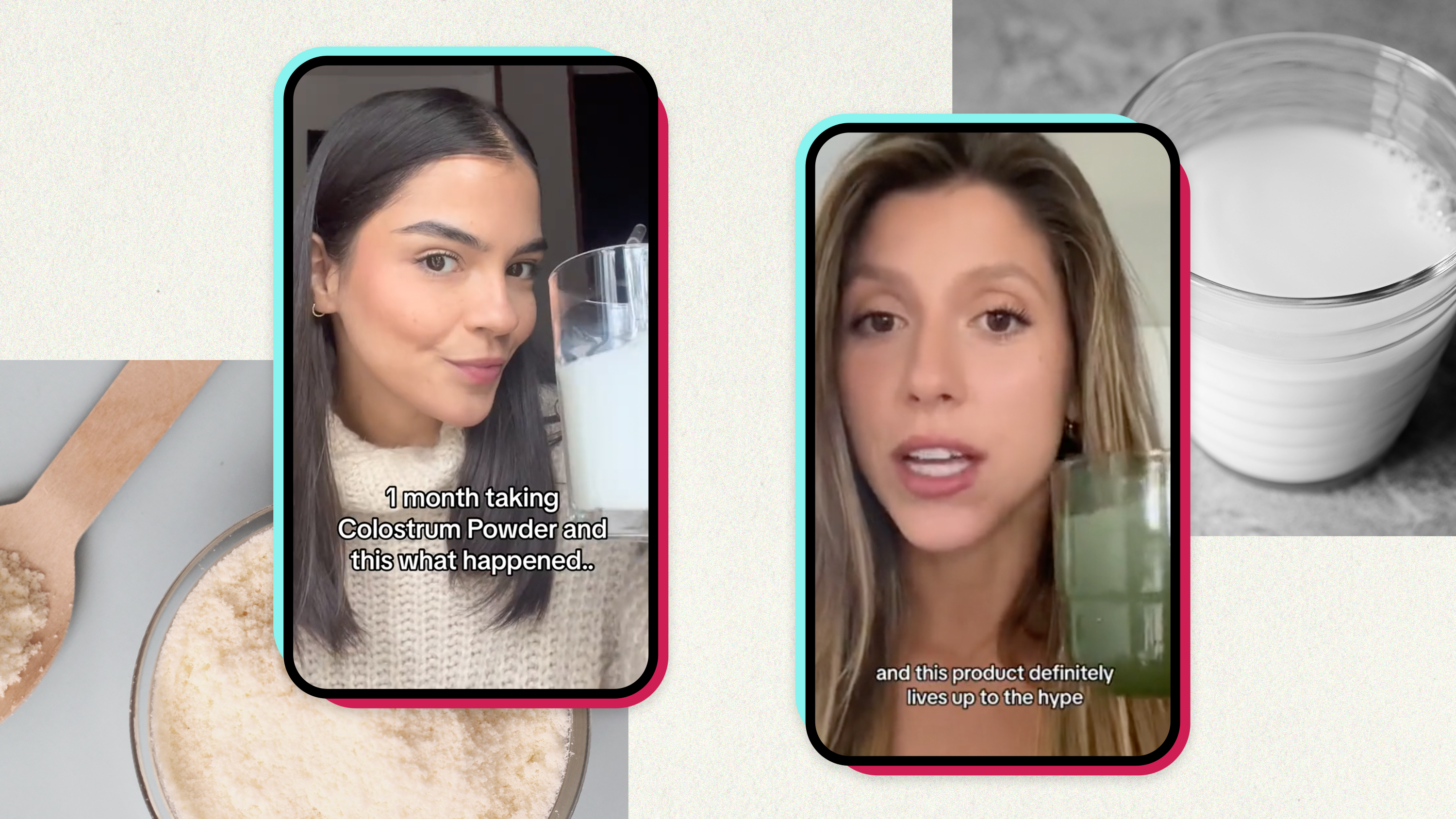

It started with an Instagram infographic, which featured colostrum on a list of "It Girl Must-Haves" along with collagen, green tea, and sleepy girl mocktails. Next, a TikToker popped up on my "For You" page claiming that colostrum aided her gut and immune health. A week later, one of my favorite podcasts ran an ad for a colostrum powder, claiming that it eradicated the host's chronic bloating. Then, like clockwork, one of my colleagues asked me, "Have you tried colostrum yet? It's helped me so much with hair growth."
I can't go five minutes lately without stumbling upon an ad or testimonial about bovine colostrum, which is a form of milk secreted during the first few days after a cow gives birth. I'm not alone: A quick search for "colostrum" on TikTok yields more than 19,000 posts with the hashtag for the supplement. Meanwhile, there are dozens of TikTok and Instagram accounts devoted to colostrum's benefits, one of which has 169,000 followers.
According to its overnight fanbase, colostrum gives users bright skin, lustrous hair, bloat-less midsections, and, if you're nursing, free-flowing breast milk. "Colostrum is gaining a reputation in the cosmetic and beauty industries as the new miracle ingredient for hair and skin health," Dr. Min-Qing Lee, Chief Medical Officer of Hair and Skin Science, says. Certified pharmacist Dr. Sue Ojageer agrees, comparing the colostrum craze to the recent obsession with collagen supplements, in which influencers and celebrities thanked collagen powder and collagen-rich bone broth for their smooth skin and luscious hair.
As with any viral miracle product, I'm skeptical. Can one spoonful per day of this powder really deliver health-changing results? I spoke to non-brand-affiliated, board-certified professionals in pharmacy, dermatology, gynecology, and endocrinology to uncover, once and for all, whether colostrum is truly worth the hype.
What Is Colostrum?
Colloquially referred to as "liquid gold," Dr. Lee describes colostrum as the earliest milk produced in humans, cows, and other mammals, both during pregnancy and immediately after birth. "It’s the first nutrition we receive, packed with vitamins, minerals, and antibodies," Dr. Lee tells me.
Colostrum excretes from a mother's mammary gland in the first two to three days after birth, and it's thicker and more yellow than normal breast milk. Dr. Lee and Dr. Ojageer say that colostrum also contains healthy fats, sugar, protein, growth factors, and white blood cells to promote newborns' development during their first days of life.
Dr. Jolene Brighten, a board-certified endocrinologist, adds that colostrum is packed with immunoglobins, which protect the body from infectious disease.
Get exclusive access to fashion and beauty trends, hot-off-the-press celebrity news, and more.
Rest assured that you're not drinking someone's breast milk if you're taking colostrum in the form of a pill or a powder to mix into your coffee. Board-certified dermatologist of MDCS Dermatology Dr. Brendan Camp confirms that commercially available colostrum is derived from cows. Just like milk, bovine colostrum comes from a cow's udder—but it's the very first batch of milk the animal produces after having calf, whereas the milk you drink from a carton is produced later.
What Does Colostrum Do for Hair and Skin?
Like collagen, colostrum is hailed as a savior for hair, skin, and nail health on social media.
"The antioxidants, anti-inflammatory compounds, peptides, and prebiotics in colostrum are thought to have skin-boosting properties," Dr. Camp says. It can allegedly minimize visible signs of aging by supporting collagen and elastin production—however, he says there isn't enough data to support this claim quite yet.
There is also limited evidence that colostrum can meaningfully increase hair growth, Dr. Lee says. The bovine immunoglobins found in colostrum do contain Vitamin A, zinc, and hyaluronic acid—all of which promote scalp health and, therefore, healthier hair. Dr. Lee also says that colostrum's antibacterial properties support cell turnover and reduce inflammation, which can address scalp and overall skin woes. However, multiple factors can impact one's skin health—so Dr. Lee cautions that the results of adding colostrum to your diet may vary.
Finally, colostrum's impact on gut health can also lead to better hair and skin. "There are a handful of studies that suggest bovine colostrum may enhance immunity, as colostrum seals the mucosal barriers to protect the body's immune system from inflammation which can positively affect the gut, influencing skin health," Lee explains.
Going off of this limited number of studies, colostrum can therefore help not only with aging, but also with atopic dermatitis, sunburn, irritation, or sensitive skin. However, more research is still needed to say for sure.
What Does Colostrum Do for Gut Health?
Colostrum packs the biggest punch when it comes to your gut health. Immunoglobins in colostrum aid in "gut healing," Dr. Brighten says, which can ameliorate issues like traveler's diarrhea, irritable bowel syndrome, and inflammatory bowel disease.
When your stomach is functioning properly, the rest of your body functions well, too, Dr. Ojageer points out. "Gut health balances the hormones in your body that affect mental health, skin health, and sleep," she says, comparing colostrum to a probiotic with added proteins, growth factors, and other essential nutrients. However, she warns that you shouldn't replace your daily probiotic with colostrum altogether, especially if you're relying on the former to stave off urinary tract infections, bacterial vaginosis, or other issues related to your vaginal pH balance.
And when it comes to using colostrum supplements for bloating and weight management—a claim that TikTokers have been repeating—Dr. Brighten says the evidence is inconclusive yet again.
"It can certainly help with bloating, depending on the cause," she admits, "but people should be aware that it can also cause bloating." Most of the evidence that it makes any impact on the gut's appearance is anecdotal at the moment.
Bottom line? If colostrum helps you and you're not experiencing any side effects, you should feel free to continue using it. However, if you're trying colostrum for the first time, be sure to manage your expectations.
What About Colostrum for Nursing Mothers?
A post shared by Alexandria Smith
A photo posted by lovedaphnemae on
Double board-certified OBGYN and reproductive endocrinology and infertility specialist Dr. Lucky Sekhon says colostrum's high protein and low fat content make it easy for babies to digest and that it "plays a crucial role in ensuring that breastfeeding gets off to a great start." However, she stresses bovine colostrum supplements aren't necessary for nursing mothers.
Since mothers naturally produce colostrum in the first few days postpartum, or even before a baby is born, it's not a necessary addition to a nursing routine. "The focus should be on ensuring that the baby is latching properly to receive the colostrum directly from breastfeeding," Dr. Sekhon explains. "If for some reason a mother cannot breastfeed, colostrum [from the mother] can sometimes be expressed and fed to the baby using a spoon, cup, or syringe."
She adds that while nursing, it's especially crucial to check with your doctor before taking any supplements, including colostrum.
Who Should—and Shouldn't—Take Colostrum?
A photo posted by djunabel on
Just because it looks like everyone is trying colostrum online doesn't mean it's a necessity for your wellness routine. Every physician I consulted recommended checking with a doctor before using colostrum, and Dr. Lee advises looking at the other ingredients in your colostrum supplement before experimenting. "Some supplements or products may contain additives, including common allergens such as soy," he explains.
First and foremost, avoid colostrum if you have a dairy allergy (bovine colostrum is a form of milk, after all). And since colostrum is an animal byproduct, it's not a good fit for vegans. Some activists have voiced concern over the ethics of taking bovine colostrum away from nursing calves, too.
Furthermore, Dr. Lee says that, as with any supplement, you're unlikely to see results from your colostrum intake unless you're already deficient in the nutrients that it contains.
"Taking nutritional supplements is recommended for individuals with confirmed nutritional deficiencies contributing to hair loss or those seeking to optimize their health," he says. "I would not recommend it for individuals without deficiencies or to those with contraindications to specific supplements."
Finally, there is no such thing as a miracle drug. Users should manage their expectations and ensure that the rest of their lifestyle habits support their overall health. Dr. Ojageer and Dr. Lee remind patients that hydration, exercise, good sleep hygiene, and healthy, balanced diets are the keys to one's overall health (including hair and skin health).
Colostrum is harmless for most users and could (pending further scientific study) support your health. Even then, Dr. Lee says, "Results will differ according to each individual based on their dietary habits and nutrient absorption. Sufficient outcomes may take time, requiring patience and consistency."
The verdict? Colostrum may just be the new collagen. It's packed with essential vitamins and nutrients that support gut, skin, and hair health. But just like collagen, it's essential that anyone who tries it manages their expectations with a healthy dose of skepticism. A TikTok recommendation isn't the same as research or professional medical advice.
Meet the Experts
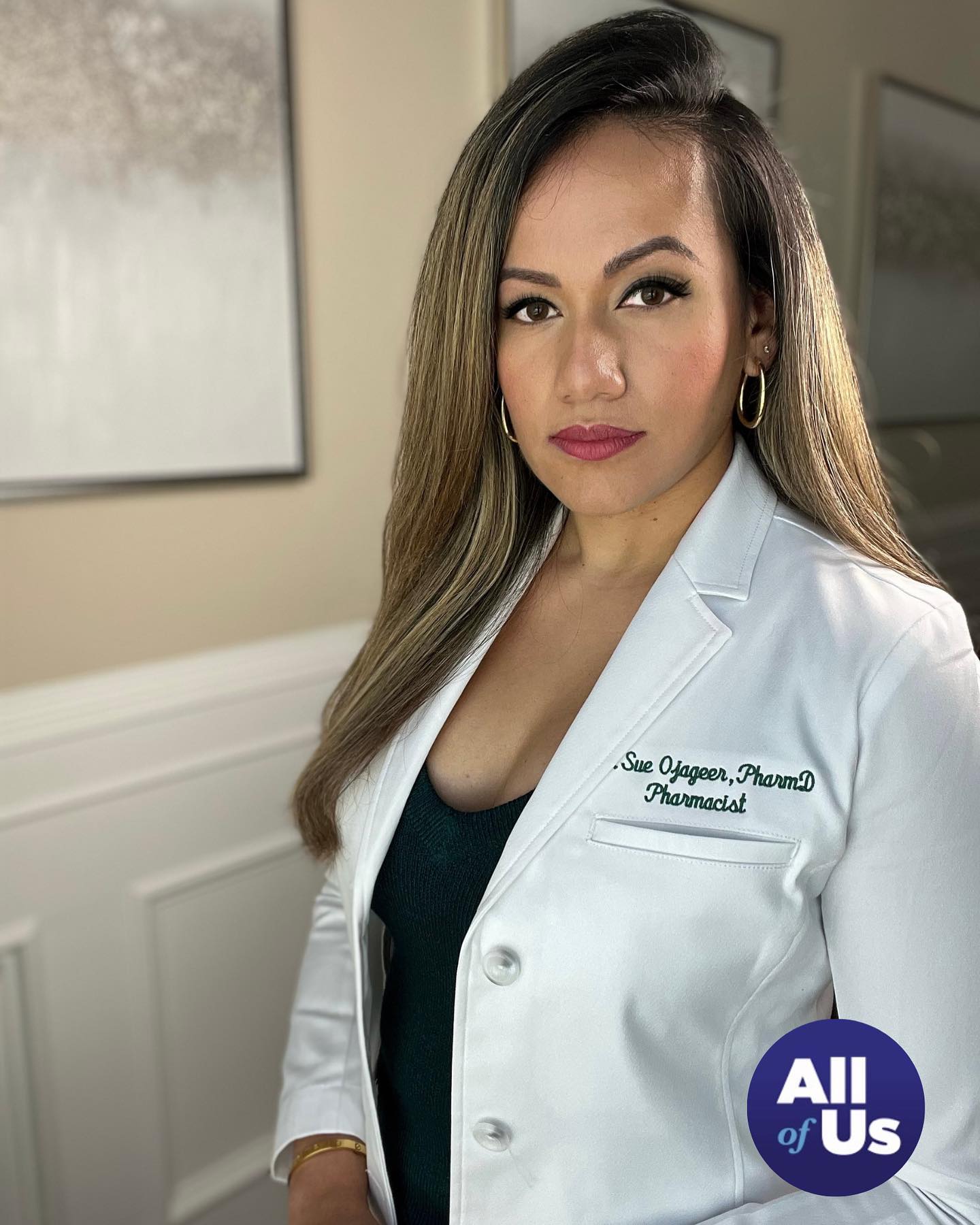
Dr. Sue Ojageer is a professional pharmacist and author of The Pharma Heroes. She has gained online popularity making content that dispels medical myths and promotes healthy lifestyle habits. She is currently based in Dallas, Texas.
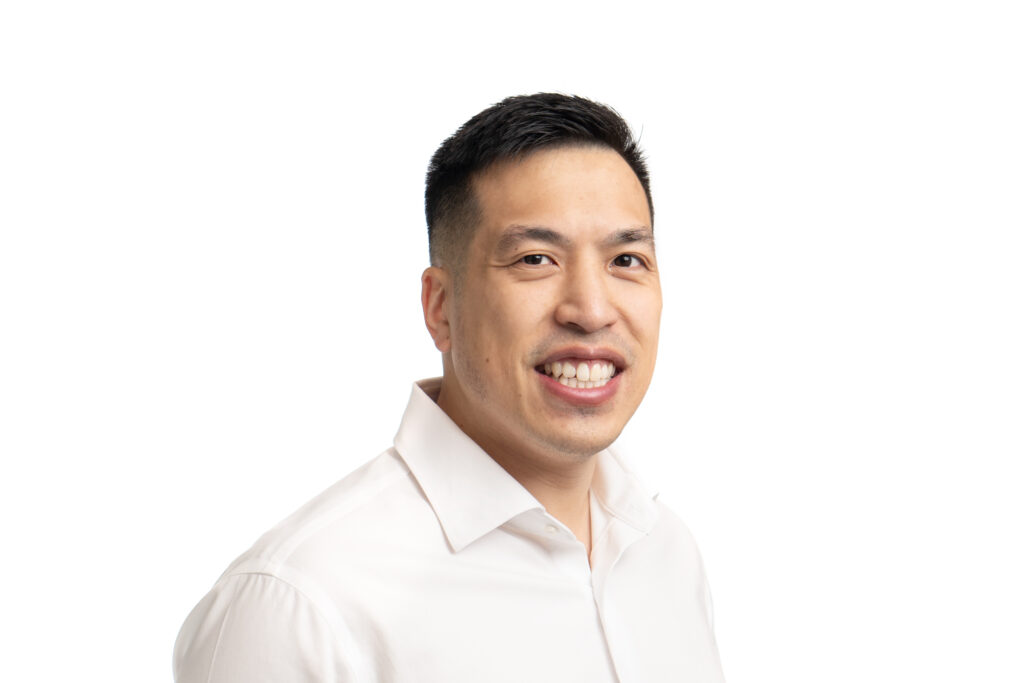
Dr. Min-Qing Lee is the Chief Medical Officer at Hair and Skin Science. Based in Queensland, Australia, he has worked extensively with Aboriginal populations, with special interests in holistic healthcare, travel medicine, antenatal care.
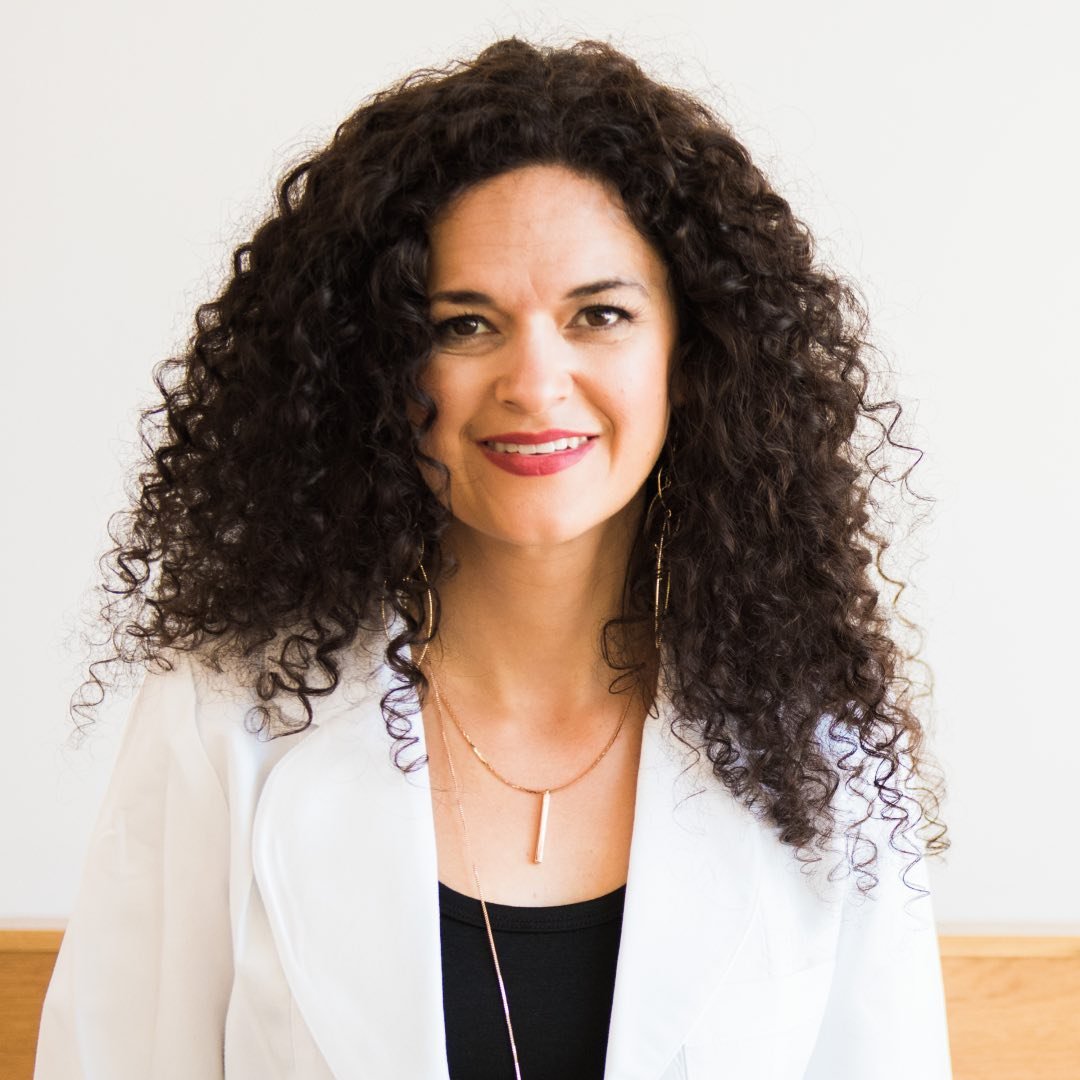
Dr. Jolene Brighten is a board-certified Naturopathic Endocrinologist and nutrition scientist, specializing in women's health and hormone balance. She is a member of the MindBodyGreen Collective and a faculty member for the American Academy of Anti Aging Medicine.
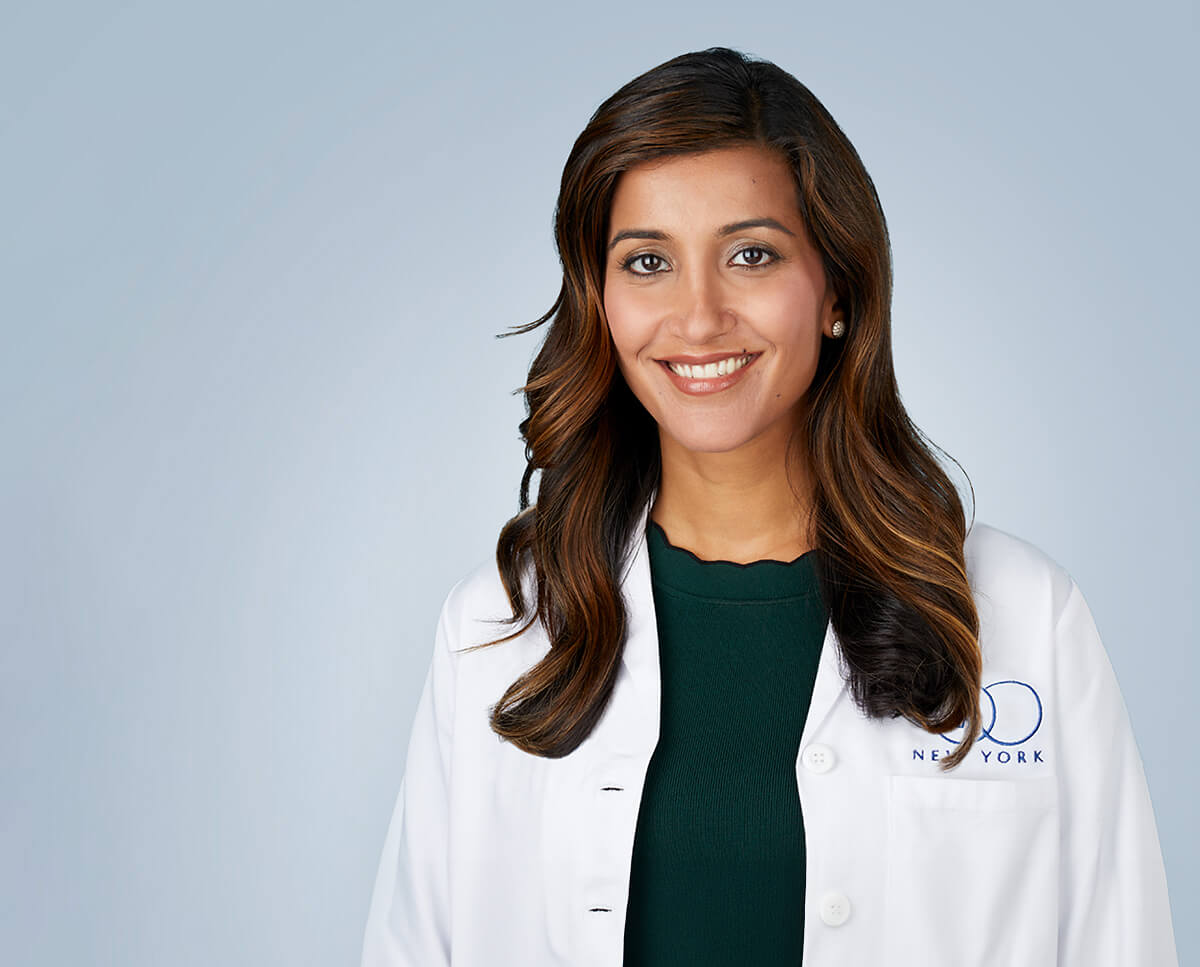
Dr. Lucky Sekhon is a double board-certified OBGYN and Reproductive Endocrinology and Infertility (REI) specialist. She practices at RMA of New York and is a founding member of Doctors for Fertility.
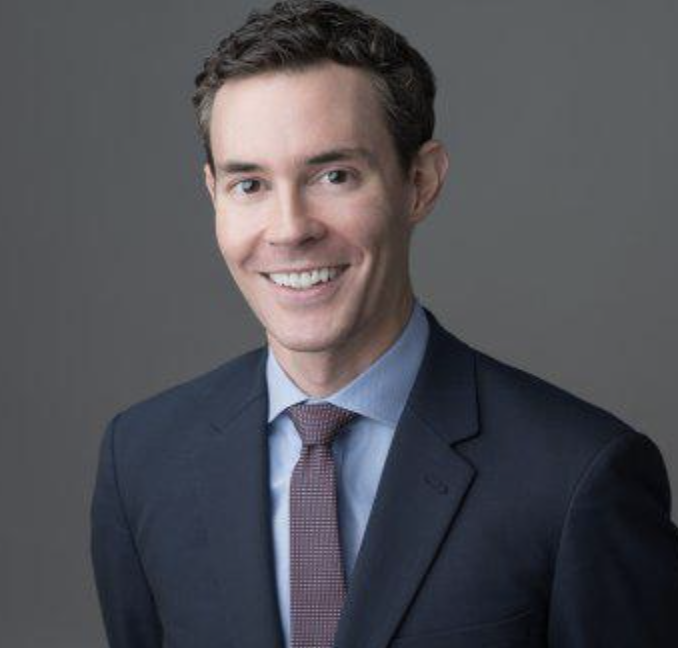
Brendan Camp, MD, is double board-certified in dermatology and dermatopathology and sees patients at MDCS Dermatology: Medical Dermatology & Cosmetic Surgery. Patients have been coming to him for his expertise managing medical conditions like acne, rosacea, eczema, warts, psoriasis, moles, and skin cancer, as well as cosmetic concerns and treatments with Botox, fillers, lasers, and other skin rejuvenation devices.
Dr. Camp graduated with honors from Cornell University, earning a degree in biochemistry. As a medical student at SUNY Upstate Medical University in Syracuse, he participated in a one-year epidemiology fellowship at the Centers for Disease Control and Prevention (CDC) in Atlanta, Georgia, where he participated in viral outbreak investigations. He completed his internship in internal medicine at the University of Chicago and later completed additional residency training in dermatology at New York-Presbyterian Hospital/Weill Cornell Medical Center. He also completed a fellowship in dermatopathology at Memorial Sloan-Kettering Cancer Center in 2012.
He has previously served as an assistant professor of dermatology at George Washington University School of Medicine and Health Sciences and worked in private practice just outside Washington DC in Northern Virginia.
Dr. Camp is the author of several scientific articles that have been published in the Journal of the American Academy of Dermatology, the Journal of Cutaneous Pathology, and the Journal of Clinical Oncology. He has also presented at meetings of the American Academy of Dermatology, the American Society of Dermatopathology, and the Society for Investigative Dermatology.

Gabrielle Ulubay is a Beauty Writer at Marie Claire. She has also written about sexual wellness, politics, culture, and fashion at Marie Claire and at publications including The New York Times, HuffPost Personal, Bustle, Alma, Muskrat Magazine, O'Bheal, and elsewhere. Her personal essay in The New York Times' Modern Love column kickstarted her professional writing career in 2018, and that piece has since been printed in the 2019 revised edition of the Modern Love book. Having studied history, international relations, and film, she has made films on politics and gender equity in addition to writing about cinema for Film Ireland, University College Cork, and on her personal blog, gabrielleulubay.medium.com. Before working with Marie Claire, Gabrielle worked in local government, higher education, and sales, and has resided in four countries and counting. She has worked extensively in the e-commerce and sales spaces since 2020, and spent two years at Drizly, where she developed an expertise in finding the best, highest quality goods and experiences money can buy.
Deeply political, she believes that skincare, haircare, and sexual wellness are central tenets to one's overall health and fights for them to be taken seriously, especially for people of color. She also loves studying makeup as a means of artistic expression, drawing on her experience as an artist in her analysis of beauty trends. She's based in New York City, where she can be found watching movies or running her art business when she isn't writing. Find her on Twitter at @GabrielleUlubay or on Instagram at @gabrielle.ulubay, or follow her art at @suburban.graffiti.art